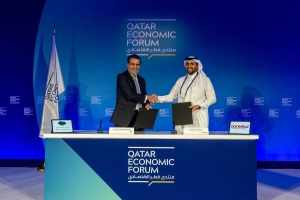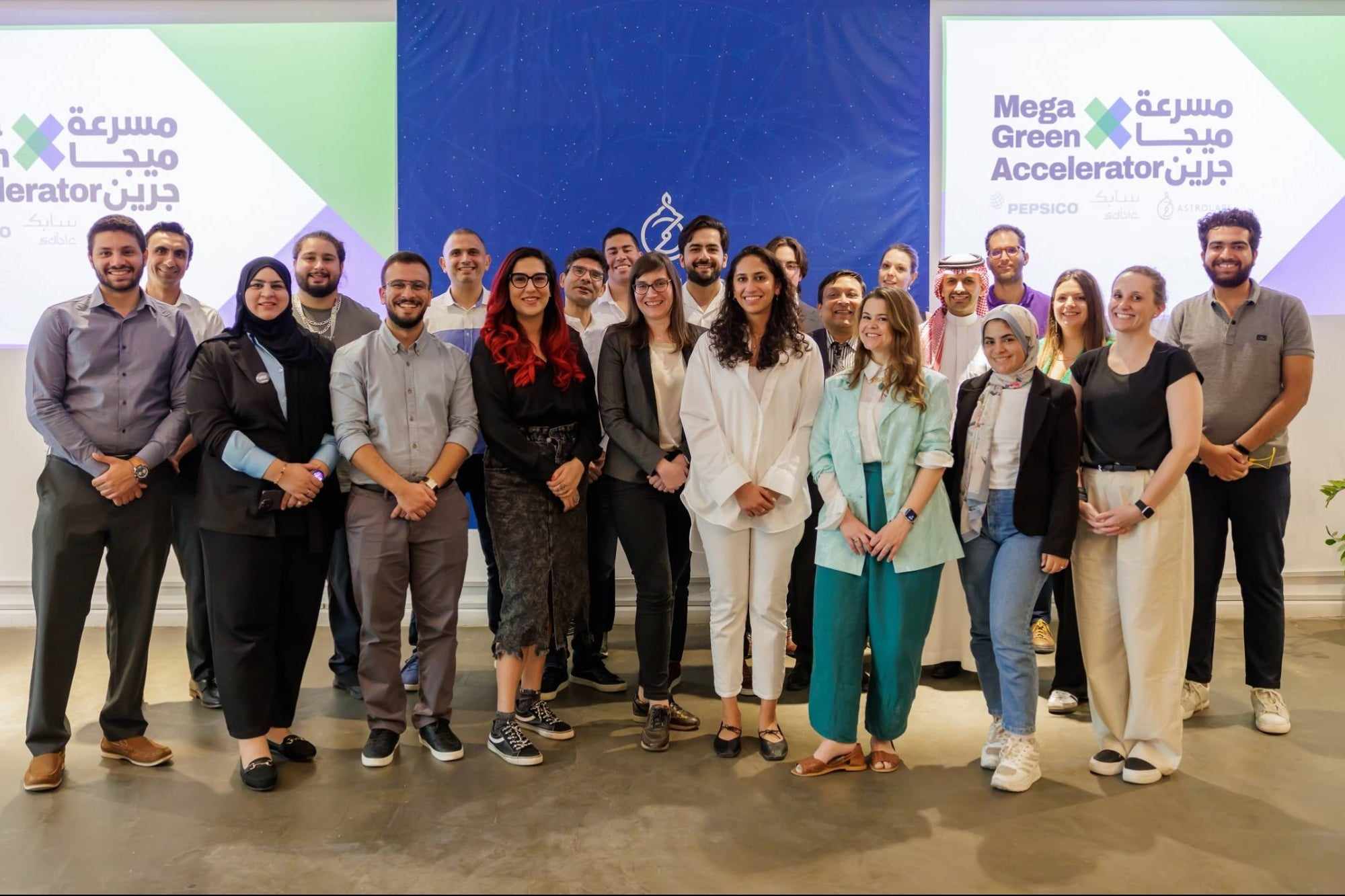Gulf oil states on a Pacific charm offensive
- Date: 29-Jun-2023
- Source: Al-Monitor
- Sector:Oil & Gas
- Country:Saudi Arabia
Gulf oil states on a Pacific charm offensive
Gulf oil states are using their vast wealth to build influence across the far-flung South Pacific, experts have told AFP, tearing a page straight out of China's Belt and Road playbook.
Saudi Arabia and the United Arab Emirates -- two of the world's biggest crude oil producers -- have been ramping up efforts to shed their reputations as global climate laggards.
Both have been lavishing money and attention on small, isolated and often indebted Pacific nations, where rising sea levels are already creeping up on low-lying coastal communities.
Businessman Milroy Cainton, who was recently appointed as Vanuatu's special envoy to the Emirates, said it was clear the Gulf states wanted friends in the Pacific.
"There are some good things they see in the South Pacific," he told AFP. "We are getting big help from them, as well as from China."
Since 2015, the UAE says it has spent at least $50 million on infrastructure projects throughout the Pacific islands, typically focused on renewable energy.
Emirati petrodollars have funded a wind farm in Samoa, water storage facilities in the Marshall Islands, and solar power projects in Kiribati, Tuvalu and Solomon Islands.
One of the most conspicuous examples sits smack in the middle of Vanuatu's leafy


















